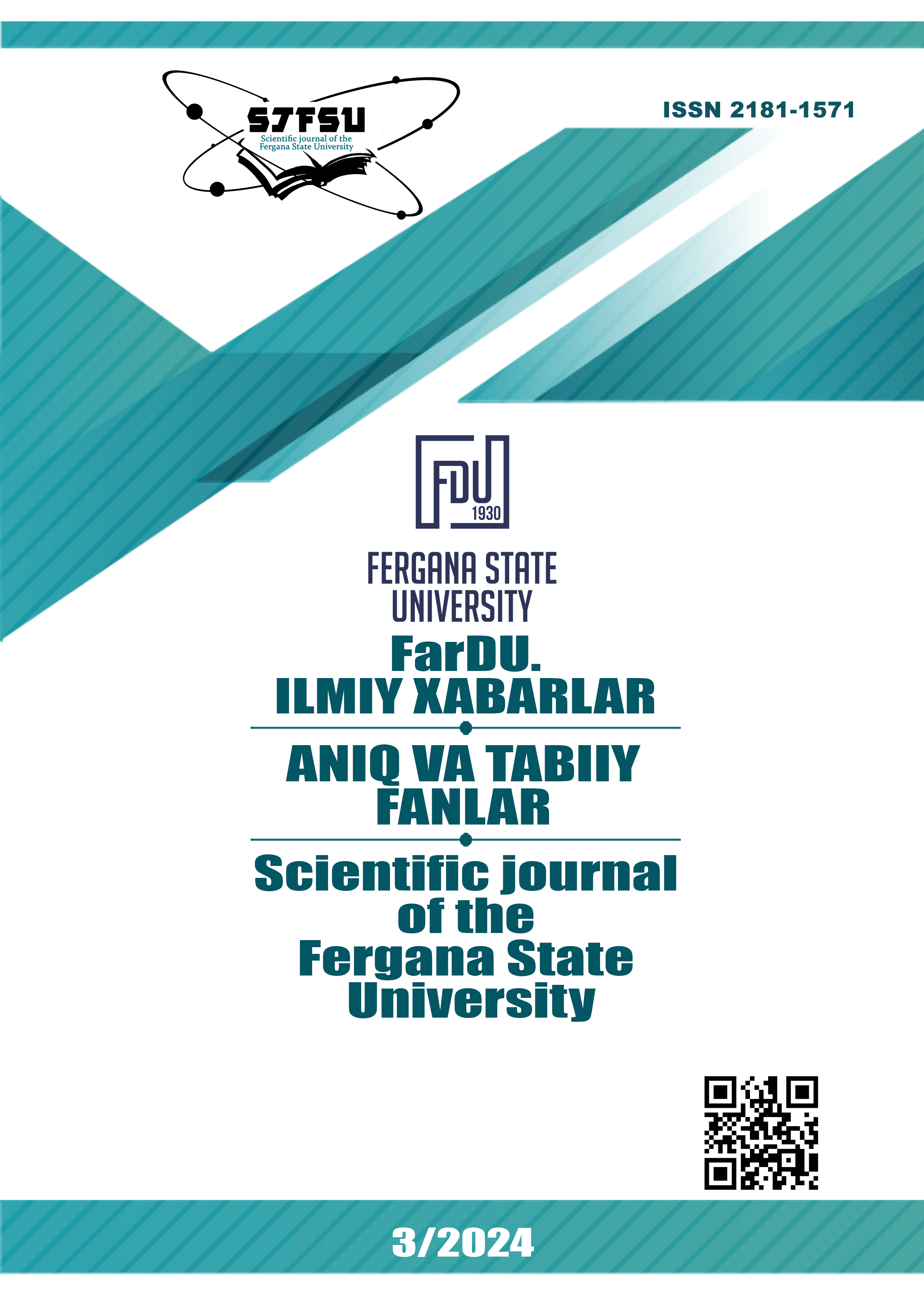EXPLORING THE EFFICIENCY OF OPEN-SOURCE TOOLS IN RETRIEVING UNCONVENTIONAL DELETED DATA
Main Article Content
Abstract
Digital data overwriting is the process of eliminating evidence in a digital environment. Many computer users are now aware of the risks associated with recovering their files after they have been deleted. As a result, they prefer to overwrite their files rather than simply delete them to prevent any unwanted searches. Although there are specialized tools available that can successfully recover data deleted using non-traditional methods, they are expensive and require skilled technical personnel. To effectively manage digital evidence in various scenarios, it is important to use a variety of tools instead of relying on just one technology or method. This study has shown that using non-traditional methods for deleting digital data can be an effective way to destroy data.The aim of this research was to assess the efficiency of open-source tools in retrieving deleted data through unconventional methods.
Article Details

This work is licensed under a Creative Commons Attribution-NonCommercial-NoDerivatives 4.0 International License.
References
Sansurooah. K, Hope. H, Almutairi. H, Alnazawi. F and Jiang. Y, (2013), “An investigation into the efficiency of forensic data erasure tools for removable usb flash memory storage devices”, originally published in the Proceedings of the 11th Australian Digital Forensics Conference.
Singh, Gurpreet, and Puneet Garg. "Digital forensics investigation using open-source tools: A survey." Computers & Electrical Engineering 87 (2020): 106780.
Sattar, Atif, et al. "Digital forensic analysis of Internet of Things (IoT): A systematic literature review." Journal of Network and Computer Applications 187 (2021): 102942.
Chow, Kam-Pui, and Sujeet Shenoi. "Cyber forensics." 2020.
Форензика. Теория и практика расследования киберпреступлений | Шелупанов Александр Александрович, Смолина Анна 2022
Н. Н. Федотов. Форензика-компьютерлік криминалистика, 2007 г.

